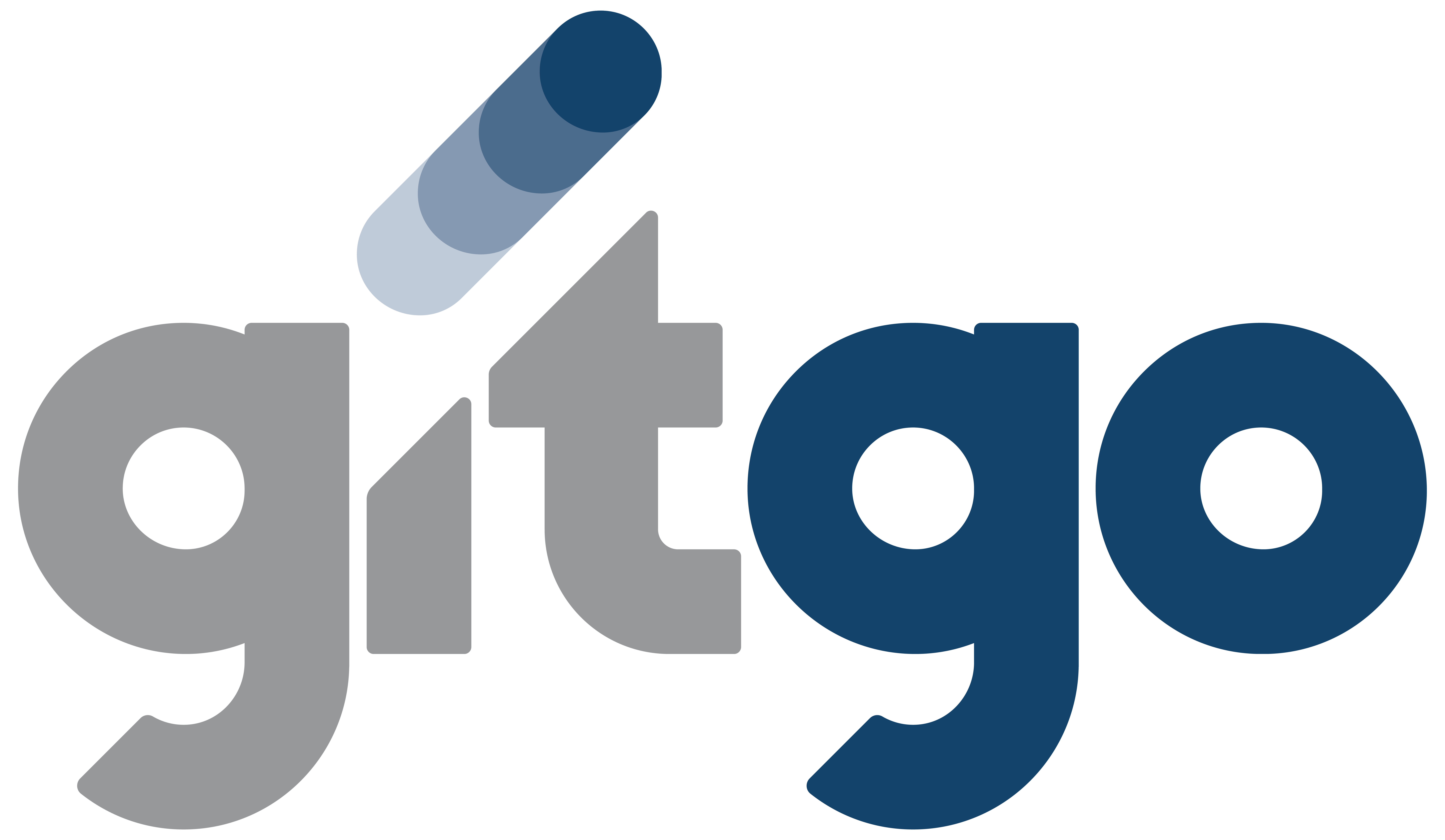Outsourcing isn’t for everybody. In fact, we get inquiries that we turn away quite often because it just doesn’t make financial or organizational sense for the company that reached out to us.
Here’s a quick list of when it does make sense to consider outsourcing and how so that you can get the most return on your investment.
1. When the market is strong, but your hotel is under-performing and status-quo just isn’t working, outsourcing can breathe new life with a fresh perspective on prospecting new business and activating existing accounts that have gone dormant.
Be sure under-performing hotels are rating high with guest satisfaction and customer service. Sales can’t help when there are systemic operational or product issues.
2. When you’re experiencing turnover on the sales team or just haven’t been able to find the skills in the market at the rate you can afford. This has been a long-standing issue for many hotels in markets across the country. We see it more often in select and economy service level hotels who have a challenging time competing for top sales talent.
Outsourcing can be a short-term or permanent solution. It’s more common today than ever. The good news is that when outsourcing is done the right way, it has the potential to liberate your internal team to accelerate growth. Better yet, with GitGo’s model, your team has complete control of and visibility to the goals our team is aiming for, the work in progress and reporting of results. Our team works seamlessly as a partner with full transparency.
3. When you have a sales team, but they have become bogged down with reactive sales chasing a high volume of inbound leads and need some marketing ‘oomph’ to help with top-of-funnel. We often hear that sales teams on property don’t have time to focus on generating new business revenue, as they are too busy responding to inbound inquiries and transacting business that’s coming to them.
This is a great problem to have, but it sends up red flags. What happens with the inbound funnel starts to low or even dry up? This will inevitably happen as it always does with business ebb and flow. By not having a true new business development pipeline constantly flowing, it’s putting the hotel at risk for future months.
4. When you can afford an investment of 6 months into the program without seeing a return. Read this again, and then let’s dive deeper. We aren’t implying complacency. We’re talking about being financially stable enough to sustain through the toughest part of the business development cycle.
This is where it gets dicey, because we know investors and leaders want/need to see revenue consumption from a sales program as quickly as possible. It’s possible in certain markets and situations, because we’ve delivered some quick-turn expectations, but it’s rare to see any actualized business from this process before the 3-6 month mark if you have zero identified and engaged new business opportunities. It’s especially rare for hotels who’ve not been pushing proactive new business development for months.
This is such a critical component to not only outsourcing, but also building your own internal team focused on this process. You need to be eyes-wide-open with this process and engage fully with the team leading the charge to better understand client timetables and realistic forecasting of new business.
If you’d like more information that supports this, please read our B2B buying cycle piece. Check out this white paper that is still very relevant in today’s sales environment.




